10 GPTs for CSS Optimization Powered by AI for Free of 2026
AI GPTs for CSS Optimization are advanced tools based on Generative Pre-trained Transformers technology, designed to assist in the optimization and management of Cascading Style Sheets (CSS). These tools leverage AI to analyze, refactor, and enhance CSS code, making it more efficient and maintainable. They are crucial in web development for improving website load times, ensuring consistency across browsers, and reducing file sizes without compromising functionality. By utilizing GPTs, developers and designers can automate the tedious aspects of CSS optimization, allowing for more focus on creative and strategic tasks.
Top 10 GPTs for CSS Optimization are: Flowbite GPT,Lumos,CSS Expert,FiloFlow GPT,CSS Lingo,Coder,E-Mail-Code Optimizer,Tailwind Transformer,Tailwind Converter,CSS Architecture Blueprint
Flowbite GPT
Craft Your Interface with AI Precision

Lumos
AI-powered Webflow design and utilities

CSS Expert
Streamline Web Design with AI-Powered CSS
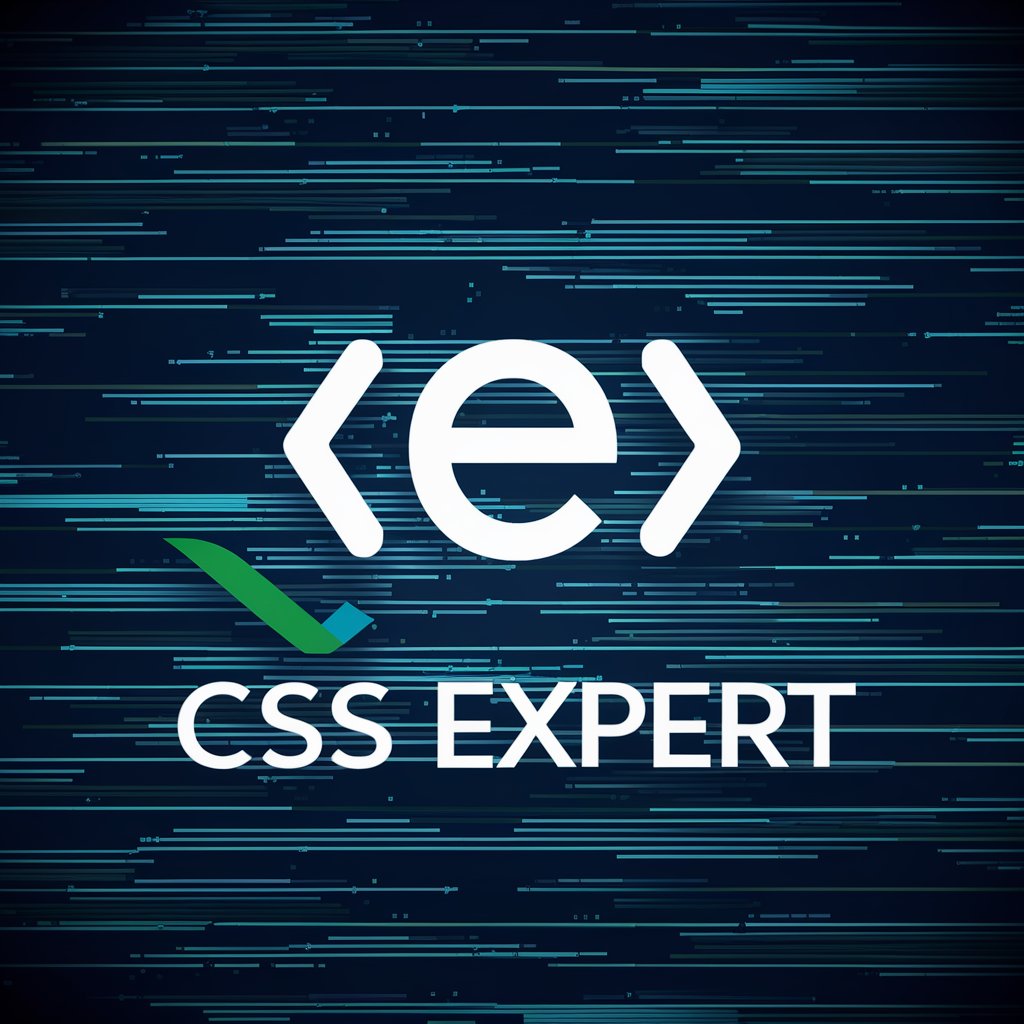
FiloFlow GPT
Empowering Webflow with AI-Powered Coding Insights
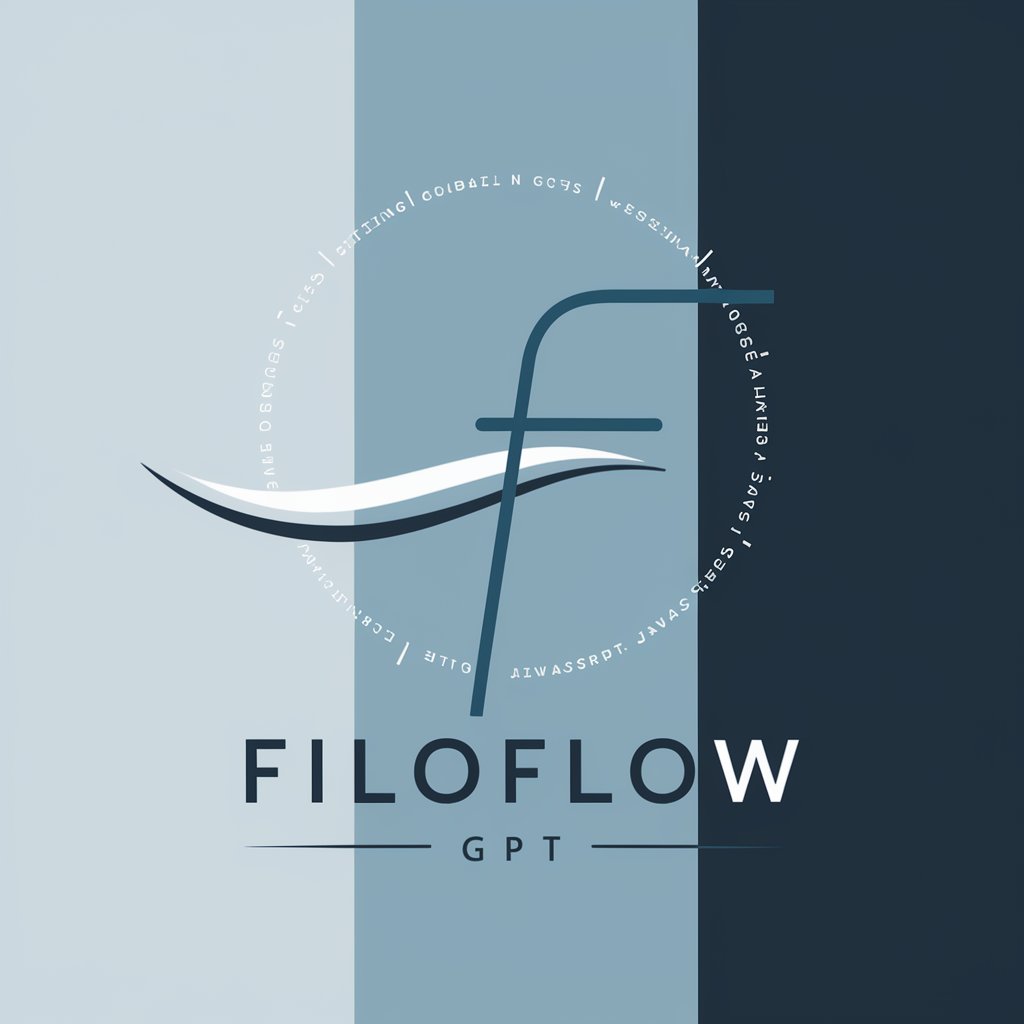
CSS Lingo
Transform Tailwind to CSS effortlessly with AI
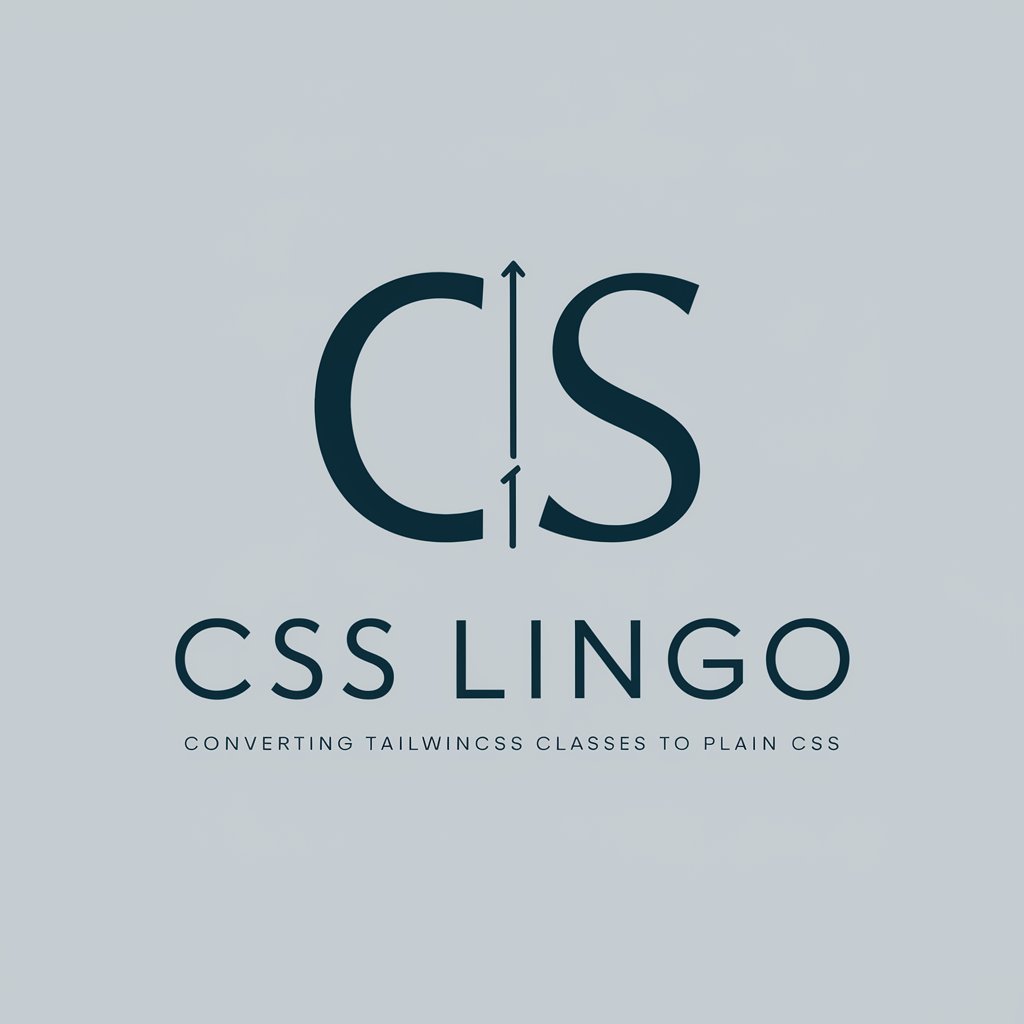
Coder
Empowering Your Web Design with AI

E-Mail-Code Optimizer
AI-Powered Email Code Enhancement
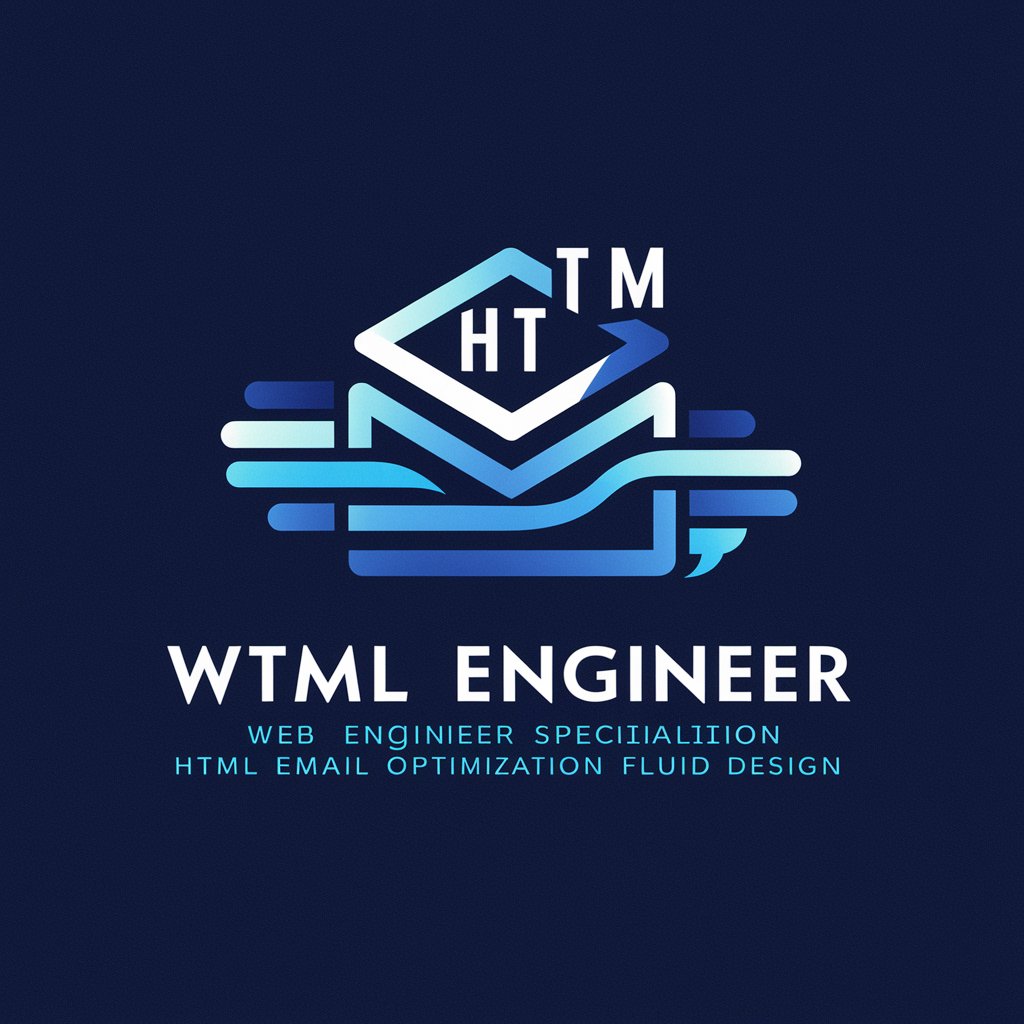
Tailwind Transformer
Transform React styles effortlessly with AI.
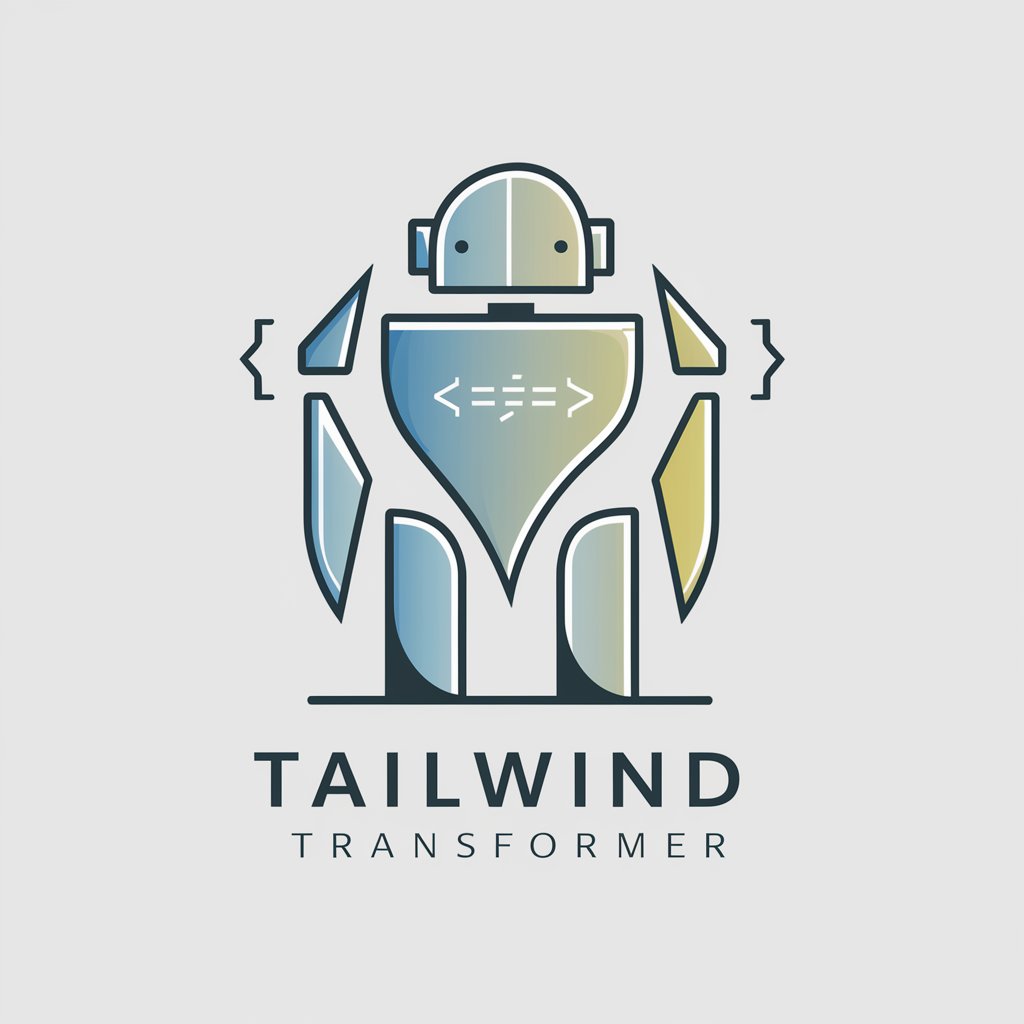
Tailwind Converter
Transforming CSS with AI-Powered Tailwind Conversion
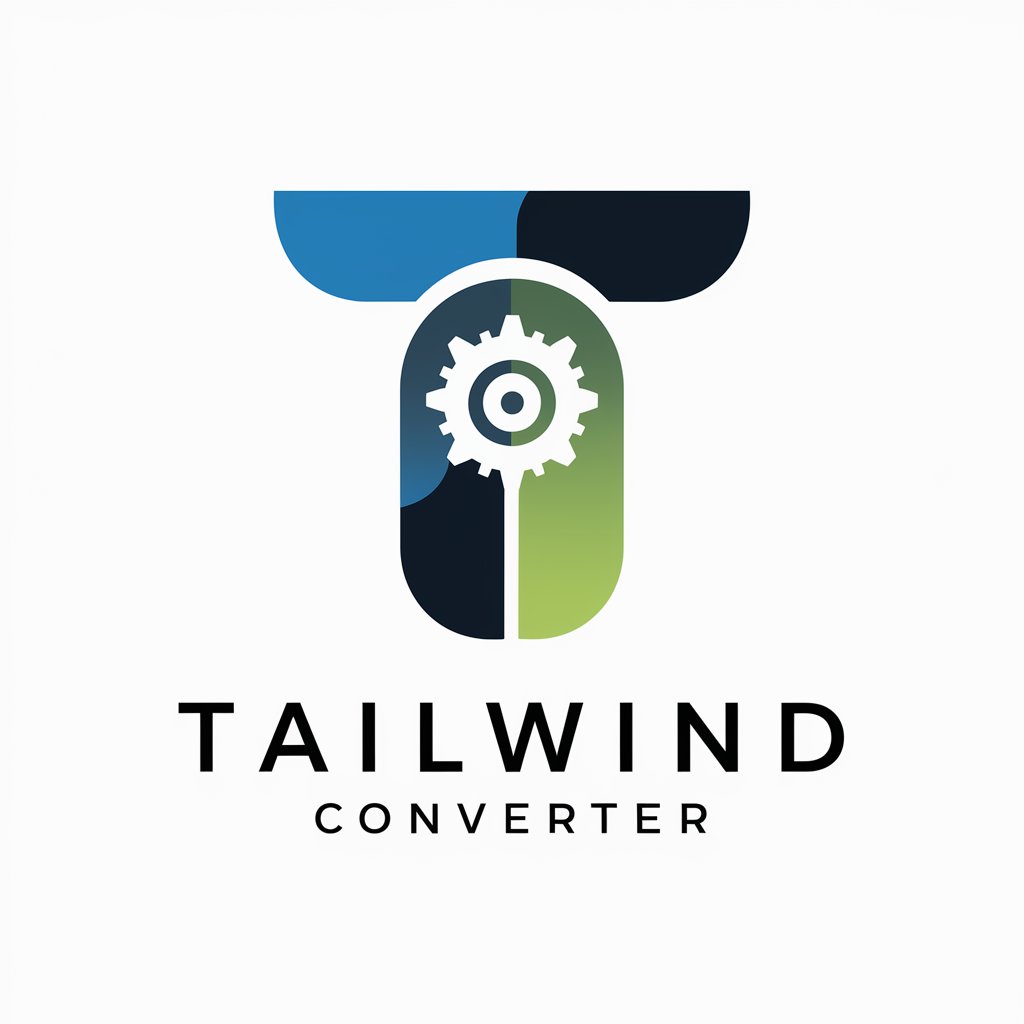
CSS Architecture Blueprint
Architecting CSS for Scale and Maintainability

Essential Attributes of AI GPTs for Styling Efficiency
AI GPTs for CSS Optimization stand out due to their adaptability, supporting a range from simple code cleanups to complex refactoring tasks. Key features include automatic detection and removal of redundant or conflicting CSS rules, suggestion of modern CSS techniques to replace outdated ones, and the ability to learn from the latest web standards for continuous improvement. Some tools also offer extended functionalities like web searching for best practices, image optimization integrations, and data analysis for performance metrics, making them versatile solutions for web development challenges.
Who Benefits from AI-Driven CSS Enhancement
AI GPTs for CSS Optimization are designed to cater to a wide audience, including web development novices, seasoned developers, and professional designers. They are particularly beneficial for those with limited coding expertise, providing an accessible way to improve website aesthetics and performance. Simultaneously, they offer advanced customization options and integrations for programming veterans, allowing for tailored optimization strategies that align with specific project needs.
Try Our other AI GPTs tools for Free
TailwindCSS Conversion
Discover how AI GPT tools for TailwindCSS Conversion can streamline your web development process, offering efficient, scalable solutions for converting and creating TailwindCSS-based projects.
Satirical Writing
Explore the world of AI GPTs for Satirical Writing, the ultimate tool for creating, analyzing, and enjoying satire. Perfect for writers, creators, and anyone eager to delve into the art of satire with cutting-edge AI technology.
AI-Driven Gameplay
Explore the transformative potential of AI GPTs in gaming with our AI-Driven Gameplay tools. Designed for both novice and professional game developers, these tools offer unparalleled customization and dynamic content creation capabilities.
Player Choice Impact
Discover how AI GPTs revolutionize interactive experiences by dynamically adapting to player choices, enhancing engagement and personalization.
Government Research
Discover how AI GPTs for Government Research revolutionize public sector analysis, policy-making, and operational efficiency with advanced AI capabilities tailored for government needs.
Regulation Consultation
Discover how AI GPTs for Regulation Consultation can simplify your compliance journey, offering tailored, up-to-date insights into complex regulatory frameworks.
Further Exploration into AI-Enhanced CSS Solutions
Beyond immediate code optimization, AI GPTs for CSS offer insights into performance metrics, enabling data-driven decisions for web design. Their user-friendly interfaces facilitate broader accessibility, while potential integration with development tools underscores their adaptability. This convergence of AI and web development not only streamlines CSS optimization but also opens new avenues for creative and efficient web design.
Frequently Asked Questions
What exactly are AI GPTs for CSS Optimization?
AI GPTs for CSS Optimization are AI-powered tools that automate the process of refining and improving CSS code for web development, making websites faster and more responsive.
How do these tools improve web development?
They automate the optimization of CSS by identifying and fixing inefficiencies, reducing the need for manual code review, and ensuring best practices are applied.
Can non-technical users utilize these GPTs effectively?
Yes, these tools are designed with user-friendly interfaces that allow non-technical users to optimize CSS without deep coding knowledge.
Are there customization options for experienced developers?
Absolutely. These tools offer advanced settings and APIs for experienced developers to tailor the optimization process to specific project requirements.
Do these tools support the latest CSS standards?
Yes, they are continuously updated to support the latest CSS standards and web technologies, ensuring your code is both modern and efficient.
Can AI GPTs for CSS Optimization help with cross-browser compatibility?
Yes, by suggesting modern CSS techniques and identifying potential compatibility issues, these tools can significantly ease the process of ensuring cross-browser compatibility.
How do these tools integrate with existing development workflows?
Many AI GPTs offer APIs and plugins for integration with popular development tools and environments, enabling seamless incorporation into existing workflows.
Are there any limitations to using AI GPTs for CSS Optimization?
While highly effective, these tools may not replace the nuanced decision-making of experienced developers, particularly for complex design challenges. However, they serve as a powerful aid in the optimization process.